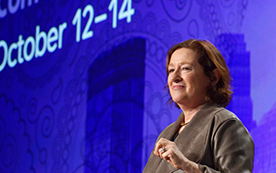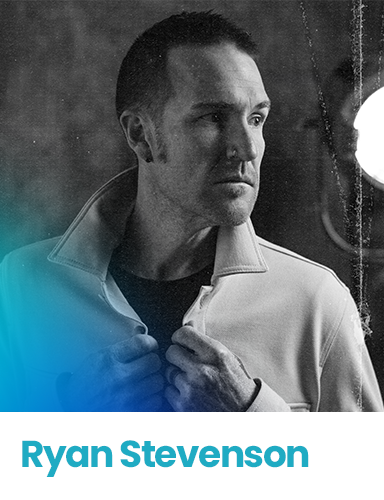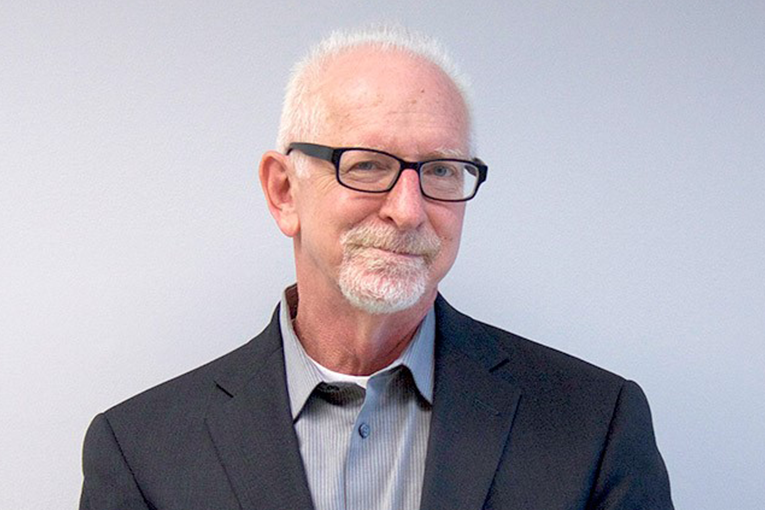
Onward Christian Radio!
Trends in the radio business can be so fleeting. For example, take formats. Ask most people which ones are on a roll this year, and you’re likely to hear all about Country and Classic Hits. And that’s understandable as they are each showing growth.
But bubbling under most radar screens is a format that most acknowledge, but few understand. How do I know this? First, we’ve been tracking the music end of the format for a decade in our CMB annual Techsurveys, in collaboration with Michelle Younkman’s CMB organization.
Second, those ratings are undeniable. As Michael Foust wrote last month in Christian Headlines, faith-based in stations in markets such as Minneapolis/St. Paul, Tampa/St. Pete, and Houston are all showing up top 5 in 6+ Nielsen ratings.
KTIS in the Twin Cities (better get used to those call letters) sits in the #1 perch in the market. It’s owned by a Christian college, the University of Northwestern in Roseville.
And finally, many of the radio sales we’ve been reading about in the past few years have involved Christian organizations – always as the buyers. Remember Entercom sold KSWD/Los Angeles to the Educational Media Foundation (EMF/K-LOVE, Air 1) back in 2017. Then in 2019, Cumulus sold six stations to EMF – in D.C. (WRQX), New York (WPLJ), along with stations in Atlanta, San Jose, Savannah, and Syracuse.
Earlier this year, EMF bought KTHT in Houston from Urban One. And Cumulus sold WDRQ (Detroit) to Family Life Radio back in June.
These purchases go on. While most commercial radio companies aren’t in acquisition mode, Christian organizations see major growth in broadcast radio.
And why not? They are doing excessively well in any number of KPIs. At Jacobs Media, we see the results in our CMB Techsurvey. A sneak preview of this year’s survey reveals that Christian Music Radio outflanks the all-important Net Promoter Scores for both public radio and commercial radio. And it’s not even close:
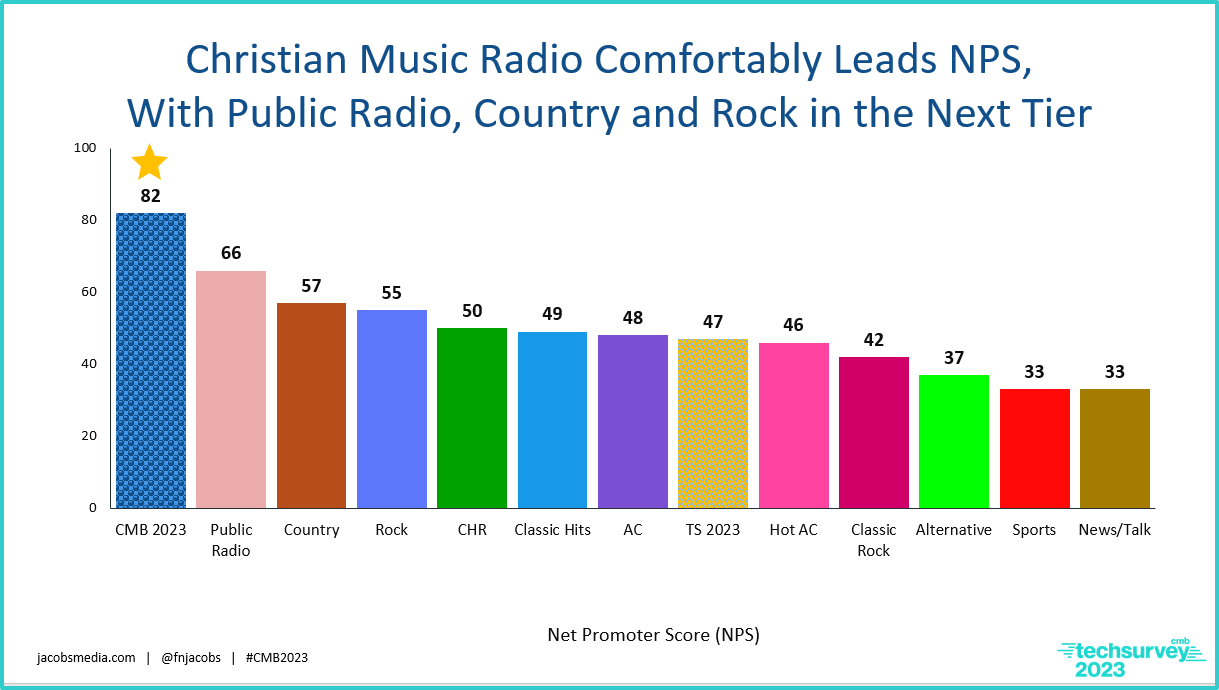
That lofty NPS mark of 82 for Christian music stations ties its all-time high set in 2021. So how can we explain that incredible feelings of loyalty these listeners have for their favorite stations?
A look at our “Why Christian Radio?” hierarchy tells the tale:
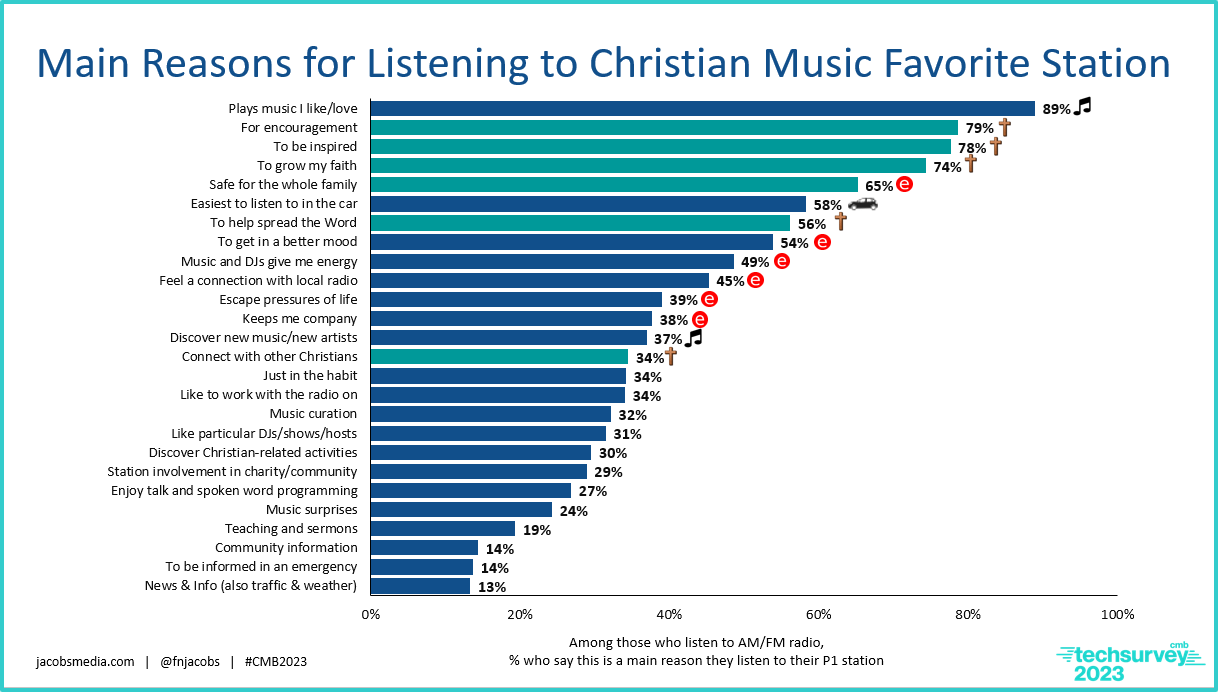
Yes, they like these stations for their music and their ease of access in the car – just like we see for commercial radio.
But Christian stations are mission-based. Their foundations of faith and inspiration pop near the top of this list of main drivers for listening. Being “safe for the whole family” isn’t just a nice idea – it’s an imperative. All those teal bars speak volumes about what sets these stations apart.
Note that many of the motivations for listening are similar to what we see in public radio. For NPR-type stations, our “Why Radio?” chart is loaded with core values that include values like objectivity, trust, and civility. Christian radio is also mission-based, but exhibits more singularity of focus.
Interestingly, both Christian and public radio share structural similarities with each other. For the most part, they are both commercial-free, only airing underwriting messages. Each also relies on donations from their respective flocks during pledge drive-like campaigns (often called Share-a-thons in Christian radio).
But of all the broadcast radio platforms, Christian radio may be the most scalable. For many broadcasters in the space, they rely largely on network level programming with minimal local programming. This keeps staffing low, even in big markets like L.A. or New York.
They have their own conferences, their own gatherings, and their own communities. The lives many Christian broadcasters personally lead parallels their career paths. They take their radio and its mission very seriously.
It really boils down to this:
Ask a Christian broadcaster what their station stands for, and they’ll tell you succinctly without batting an eye. Ask a commercial radio programmer the same question and you’re liable to get a meandering, rambling answer.
At a time in radio where many are questioning everything – about creating content, sales marketing, and ratings success – Christian broadcasters are mostly basking in the glow of success. They see the path forward, and their relationship with their audience is strong. Like all broadcasters, they are grappling with digital investment and transformation. But comfortable with their missions, and knowing that as American lives become more complicated and pressurized, their roles become integral in helping their audience make it through the gauntlet.
If you haven’t done so already, a deeper look at your market’s ratings may be in order, especially if you routinely skip over these stations. And it might be smart to actually spend some time listening to them. It will help you better understand their success, and it might even give you a good idea or two.
If anyone gets it, Dan Seeman does. He’s Hubbard’s VP/regional manager in the company’s home market. He’s watched the KTIS ascension:
“It’s very well done, it’s good radio, produced quite well. They’re got resources, marketing, a feeder system for talent and producers at the university.”
Disruption is a fact of life in the media business, and no one knows this quite like radio broadcasters who have watched their world change radically in just the past few years. While most of the turbulence has come from the outside – streamers, social media, podcasting – the phenomenon known as Christian radio has been with us for eons. But changing sensibilities and conditions have created some incredible opportunities for these broadcasters.
As more and more people turn inward, concerned about their homes and families, Christian radio is providing more than just information or entertainment. Its faith-based programming content, its teachings, and its inspirational programming is filling an important need.
And larger audiences are showing their satisfaction and loyalty.

